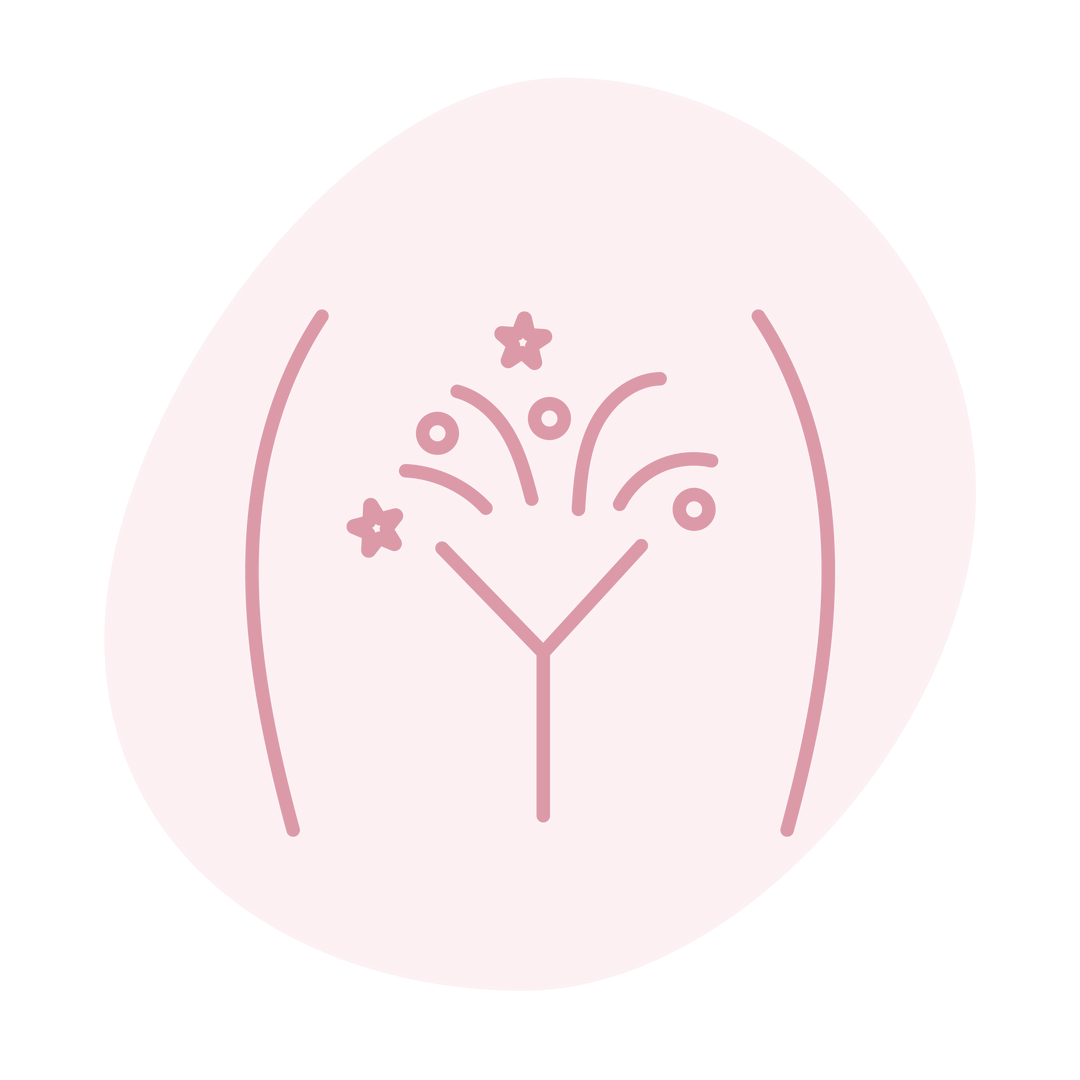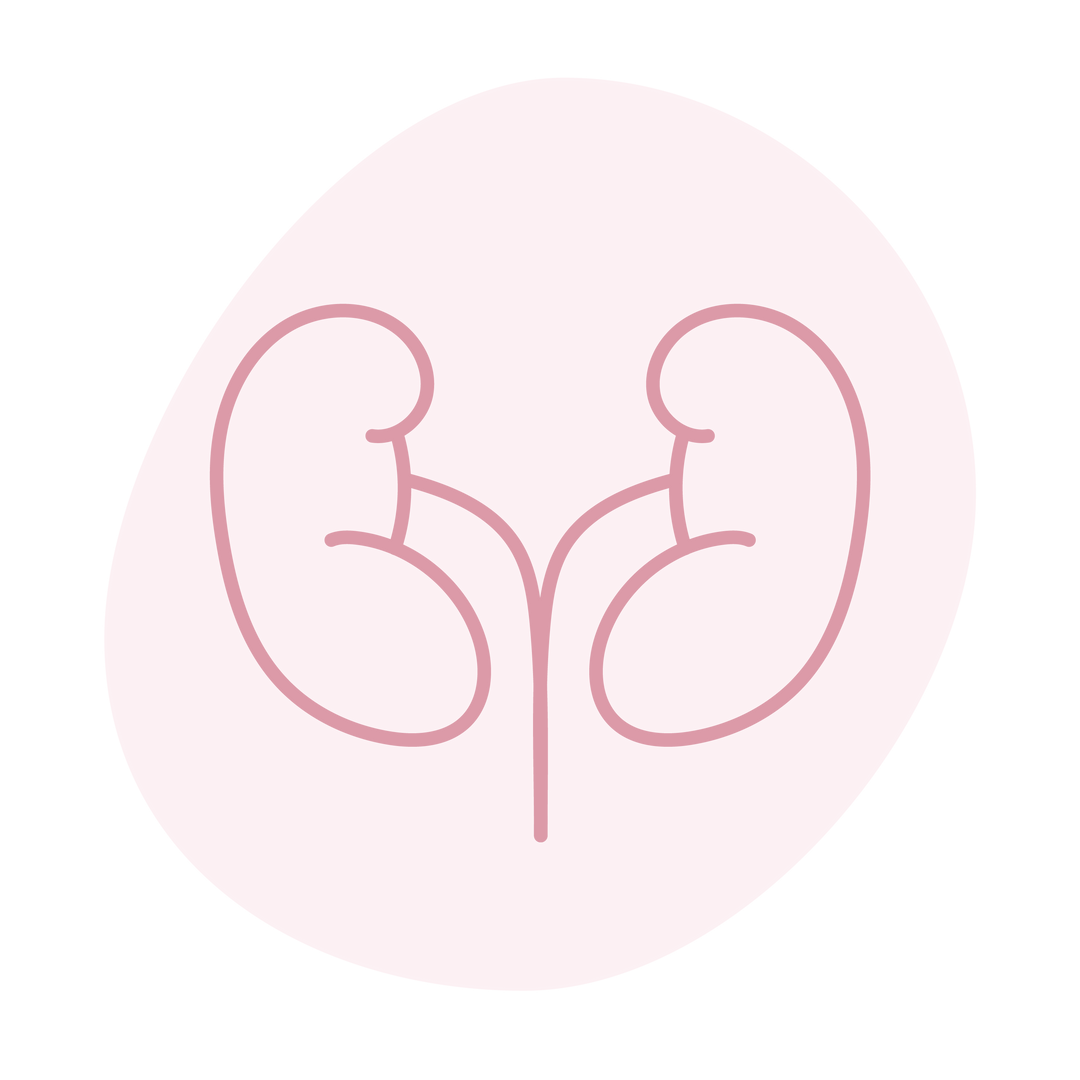Passionflower
Passionflower (Passiflora incarnata) is a plant traditionally used for calming and sedative effects.
Calming Nervous System:
Passionflower has been traditionally used to calm the nervous system, making it a popular remedy for anxiety, stress, and nervous tension. The plant's calming properties are believed to be linked to its ability to increase levels of the neurotransmitter gamma-aminobutyric acid (GABA) in the brain.
Anxiety and Stress Reduction:
Passionflower is also known for its calming properties. It may help reduce symptoms of anxiety and stress and has calming effects on the brain.
Improved Sleep Quality:
Passionflower is often used to address sleep-related issues, such as insomnia. Its calming and sedative effects may contribute to improved sleep quality, making it a valuable ingredient in supplements designed to support relaxation and restful sleep.
Natural Sedative:
Due to its mild sedative properties, passionflower may be included in supplements aiming to promote relaxation and alleviate symptoms of nervous tension. It is considered a gentle option for those seeking a natural way to unwind.
Muscle Relaxation:
Passionflower has muscle-relaxant properties, which can be beneficial for individuals experiencing muscle tension or spasms. This feature contributes to its use in supplements designed to support overall relaxation.
Cognitive Function Support:
Some studies suggest that passionflower may have neuroprotective effects and could contribute to cognitive function support. It may help protect against oxidative stress and inflammation in the brain.
Mood Enhancement:
Passionflower's ability to modulate neurotransmitters, including GABA, may contribute to mood enhancement. It is often included in supplements targeting emotional well-being and a positive mood.
Menstrual Discomfort Relief:
Passionflower may help alleviate symptoms associated with premenstrual syndrome (PMS) and menstrual cramps. Its muscle-relaxant and calming effects could provide relief from discomfort during the menstrual cycle.






